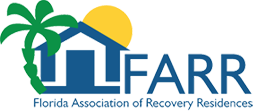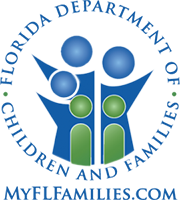Our Nutrition Program
Drug addiction takes a toll on the body, not only from the substance itself, but also from secondary effects like sleep deprivation, lack of exercise, and malnutrition. Not eating proper meals and lacking nutrients puts significant stress on the body and can even be the cause of many mental health issues. At The Source, part of treating holistically is placing emphasis on nutritional services and programs. Nutrition is one of the most important aspects of addiction treatment and recovery to help the body rebuild itself.
/center]
 The Source quite frankly saved my life and got me back on track, never giving giving up on me. When you are thinking about and looking through all of the different places to go for treatment this is the one that should stand out from the rest.
The Source quite frankly saved my life and got me back on track, never giving giving up on me. When you are thinking about and looking through all of the different places to go for treatment this is the one that should stand out from the rest.




























